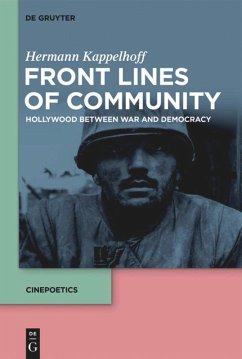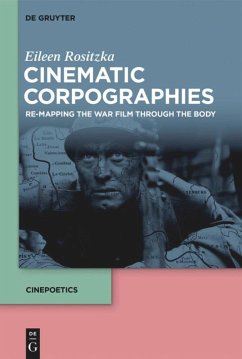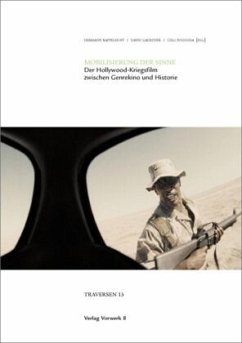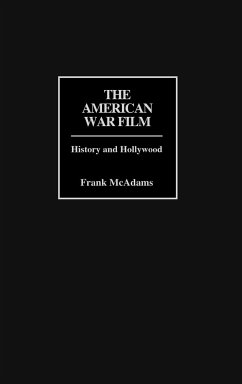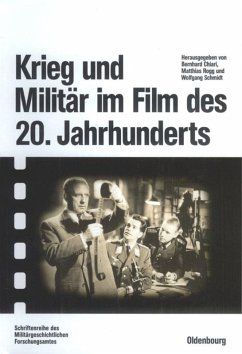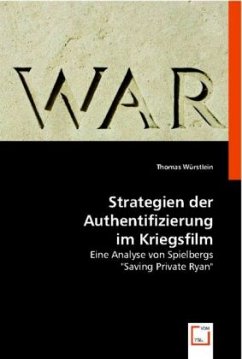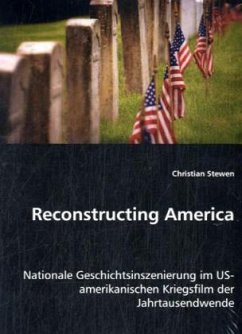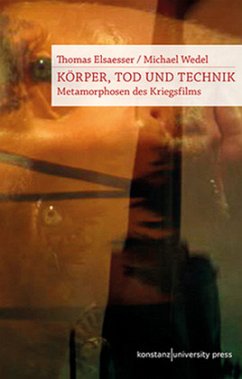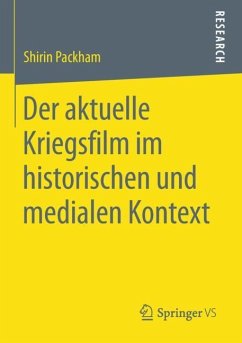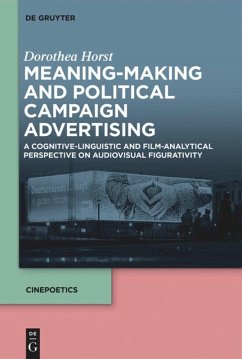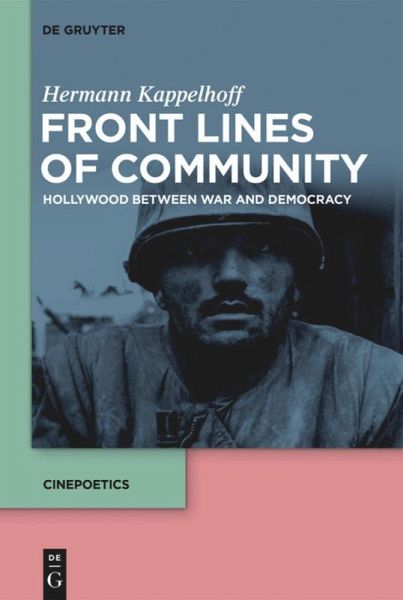
Front Lines of Community
Hollywood Between War and Democracy
Versandkostenfrei!
Versandfertig in 6-10 Tagen
26,99 €
inkl. MwSt.
Weitere Ausgaben:

PAYBACK Punkte
13 °P sammeln!
Based on the premise that a society's sense of commonality depends upon media practices, this study examines how Hollywood responded to the crisis of democracy during the Second World War by creating a new genre - the war film. Developing an affective theory of genre cinema, the study's focus on the sense of commonality offers a new characterization of the relationship between politics and poetics. It shows how the diverse ramifications of genre poetics can be explored as a network of experiental modalities that make history graspable as a continuous process of delineating the limits of commun...
Based on the premise that a society's sense of commonality depends upon media practices, this study examines how Hollywood responded to the crisis of democracy during the Second World War by creating a new genre - the war film. Developing an affective theory of genre cinema, the study's focus on the sense of commonality offers a new characterization of the relationship between politics and poetics. It shows how the diverse ramifications of genre poetics can be explored as a network of experiental modalities that make history graspable as a continuous process of delineating the limits of community.





